Identifying and Avoiding False Friends in French
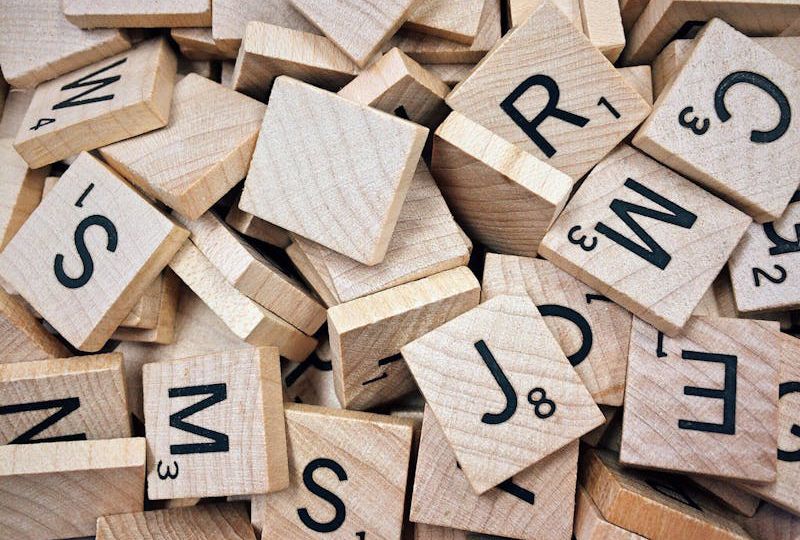
Learning a language can be fun, but it can also be confusing and complicated. There are a lot of challenges you'll come across during your language learning journey, and one of those challenges is known as false friends.
Despite how they may sound, false friends aren't easy or nice. Nobody wants to come across them. Unfortunately, no matter what your native language is, when you learn a new one, there will always be false friends that pose a challenge. French is no different.
False friends exist everywhere and in every language. They aren't consistently the same word; if the word "affair" is a false friend to the speaker of another language, it doesn't mean that "affair" is always a false friend to every non-English speaker.
In this post, we'll take a closer look at what false friends are as well as some of the most common English-French false friends. If you speak another language, be aware that there will be even more false friends to keep an eye out for, but we won't cover that here. So, without further ado, let's take a look at how to identify and avoid false friends in French.
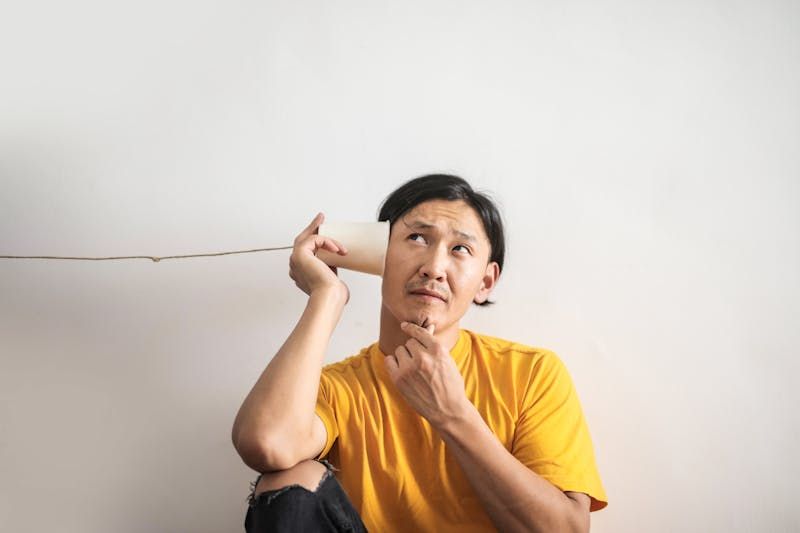
What are False Friends?
If you want to know what to avoid, you first have to understand what you're trying to avoid. If you're already familiar with what false friends, then great! Feel free to scroll on down below to see some of the most common false friends in French for English speakers. For those who don't know what they are, stick around for a bit and we'll go over it.
False friends are words that look like words in one language, but mean an entirely different thing in another. In this instance, French false friends are words in French that look like something familiar in English but aren't the same thing. They can mean the difference between someone understanding you and hilarious or awful misunderstandings.
French false friends are different from French anglicisms. Anglicisms are words in French that come from English and mean more or less the same thing. Sometimes, an anglicism may mean something slightly different, but this isn't the same thing as a false friend in French. In any case, the possible misunderstandings with anglicisms are generally fewer than those with false friends.
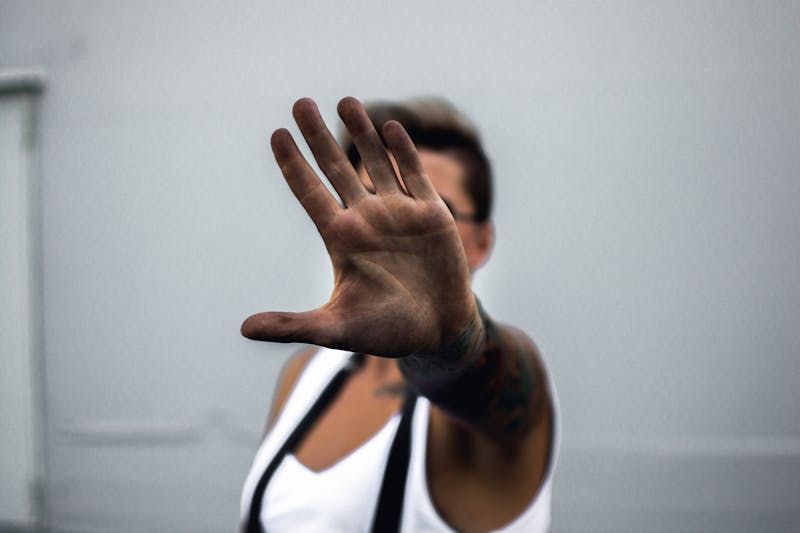
Why Should You Avoid False Friends in French?
So what? False friends exist in French, but what's the harm? Well, if your goal is to be understood in French, then the answer is: Quite a lot.
Using a false friend can mean the person you're speaking with either misunderstands you or doesn't understand you at all. They lead to a lot of confusion, frustration, and even a lack of motivation as language learners struggle to make themselves understood.
Here's an example: Say you're trying to tell someone in French that a certain food has a lot of preservatives. You remember the French word préservatifs. Fantastic! Unfortunately, when you tell your French-speaking friend that the food has a lot of préservatifs in it, they give you a horrified look.
If you were familiar with the most common false friends in French, then you would realize that préservatifs in French actually means condoms while conservateurs means preservatives.
By avoiding false friends, you can be more certain that you aren't being misunderstood. This won't eliminate all confusion and misunderstandings, but it will certainly reduce their frequency.
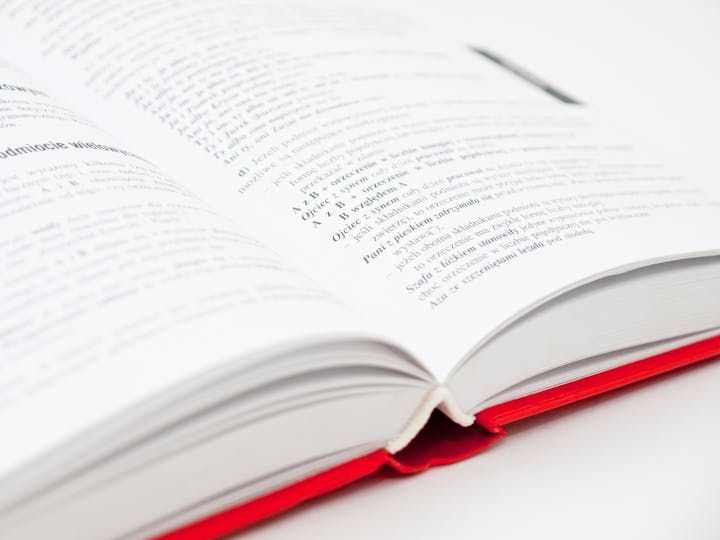
12 Most Common French False Friends and Their Actual Meanings
Now that you understand what false friends are and why it's important to avoid them in French, let's take a look at some of the most commonly occuring ones.
#1. Attendre =/= Attend
Despite what it looks like, the verb attendre actually means "to wait". If you want to say you're attending something, use the verb assister.
#2. Un bras =/= a bra
The French false friend un bras means "an arm" and not "bra". "Bra" in French is un soutien gorge.
#3. Une brasserie =/= a brassiere/a bra
As mentioned above, the word for "bra" in French is un soutien gorge. Une brasserie, on the other hand, is a brewery or a bar.
#4. Blessé =/= blessed
In French, you can make an adjective by using the past participle of a verb. In this case, the verb is blesser and the past participle is blessé. This false friend (in both verb and adjective form) actually means "wounded" or "to wound" rather than "blessed" or "bless".
#5. Une location =/= a location
This French false friend could make for some bizarre misunderstandings. Une location comes from the verb louer which means "to rent", making une location the equivalent to "a rental" in English. If you want to tell someone where you or something is at, you would use the word un emplacement or un endroit.
#6. Monnaie =/= money
Monnaie in French only means loose change; it is not the same thing as "money" in English. If you use this false friend in a supermarket or when someone asks you how you want to pay, you'll get some strange looks.
#7. Déception =/= deception
Here's a tricky false friend. In French, une déception is "a disappointment". There is no deceit involved, unlike the English word that is resembles.
#8. Envie =/= envy
This is another tricky false friend. In English, "envy" is seen as a synonym to jealousy whereas in French, envie is a wish or desire. For example, to say you want to do something in French, you would use the phrase avoir envie de.
#9. Une grappe =/= a grape
The false friend une grappe probably won't come up all that often, but it can still be good to know. Despite what it looks like, une grappe is actually "a bunch", not "a grape". You would use it as you would in the phrase "a bunch of bananas". Note that this is not the same as saying "a lot of" or "many". It's the bundle of bananas.
#10. Joli =/= jolly
While Santa Claus is jolly, a piece of art would be joli. In French, joli means pretty or beautiful, not happy like the English word "jolly".
#11. Journée =/= journey
You probably use the word "day" often enough that you know this false friend in French already. Une journée is not, in fact, "a journey" but rather "a day". Fortunately, this is one false friend you'll probably master pretty quickly.
#12. Librairie =/= library
This last French false friend on the list is one all the book lovers will probably want to learn quickly. Une librairie is not "a library", but a bookstore where you must buy the books. Une bibliothèque, on the otherhand, is a library where you may borrow books.
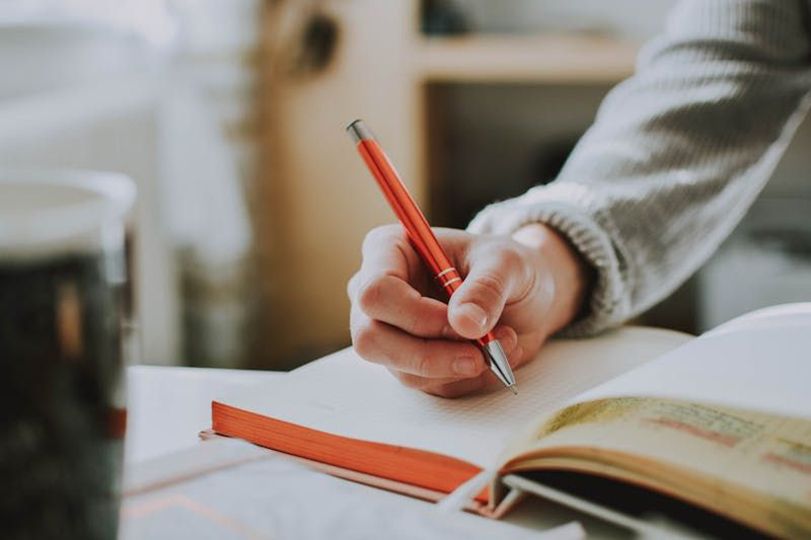
Always Be Aware of False Friends in French
This is by no means a complete list of false friends in French, even for those who only speak English. The longer you learn French, the more false friends you'll come across.
If you're worried about keeping them all straight, you can try keeping a language diary of false friends and their actual meanings. This way, you have a list of the French false friends that you struggle most with and their meanings all in one place. It can be a good way to help practice new vocabulary. If you have any doubts, use WordReference to double-check the definition.
Additionally, you can turn to French media, such as TV series or French news. This will help you get a feel for native French so you can have a better understanding of phrases and words, potentially avoiding the confusion of false friends entirely.
